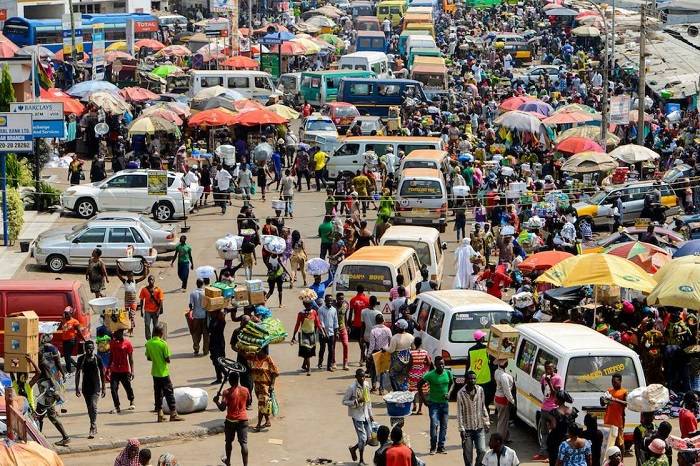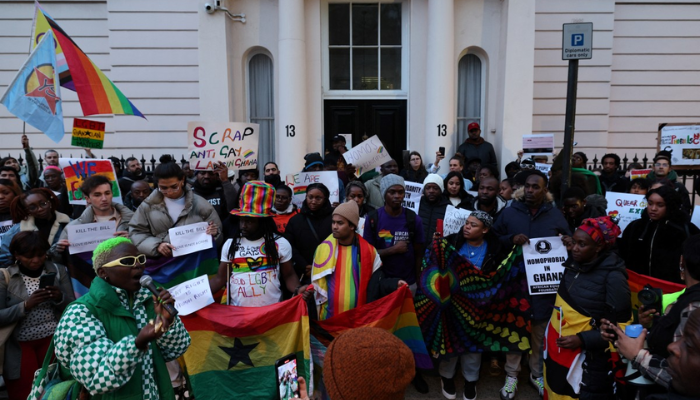"United we stand, divided we fall" - an adage that resonates deeply in the current context of Ghana's judiciary, where Chief Justice Gertrude Sackey Torkornoo is reportedly facing internal resistance amid calls for her removal.
The background story reveals that petitions demanding Chief Justice Torkornoo's removal have been gaining traction, prompting her to submit a preliminary response to the petitions within a 10-day period granted to her. This move marks a key step in the constitutional process for handling removal petitions, as outlined in Article 146 of the 1992 Constitution. According to this article, the President is required to consult with the Council of State and appoint a committee to investigate the matter if necessary.
Chief Justice Torkornoo's struggles are further compounded by alleged internal divisions within the judiciary. U.S.-based Ghanaian journalist Kevin Taylor claims that some key allies are distancing themselves from the Chief Justice, including Justice Avril Anin Yeboah of the Supreme Court, who reportedly declined a request to empanel judges for a Supreme Court sitting. This development raises questions about internal cohesion within Ghana's judiciary and potentially signals shifting dynamics.
The situation remains fluid, with a legal challenge filed by Old Tafo MP Vincent Ekow Assafuah contesting the legality of President John Mahama's initiation of the removal process without first informing the Chief Justice. Although the case was scheduled to be heard by the Supreme Court on April 9, 2025, the outcome is yet to be determined.
As the nation watches, the judiciary's integrity hangs in the balance. The Chief Justice has officially submitted her preliminary response to the petitions, marking a key step in the ongoing constitutional process. This process may ultimately determine whether a committee will be formed to investigate the allegations against her.
The submission of the Chief Justice's response will now be considered as part of the consultation process, as mandated by Article 146(6) of the 1992 Constitution. The President must decide whether the Chief Justice should be removed from office based on the committee's review and recommendations.
Ghana's judiciary is under scrutiny, and the outcome of this saga will have far-reaching implications for the country's legal system. The allegations of internal divisions and the challenges to the Chief Justice's leadership raise questions about the institution's stability and effectiveness.
In times like these, it's essential to prioritize unity and stability within the judiciary. The institution's integrity is crucial for upholding justice and promoting democracy. As Ghana navigates this challenging period, it's essential to ensure that the judiciary remains strong and independent.
As Nelson Mandela once said, "The greatest glory in living lies not in never falling, but in rising every time we fall." Ghana's judiciary must rise to the challenge and demonstrate its commitment to justice, fairness, and the rule of law.



No comments yet
Be the first to share your thoughts!